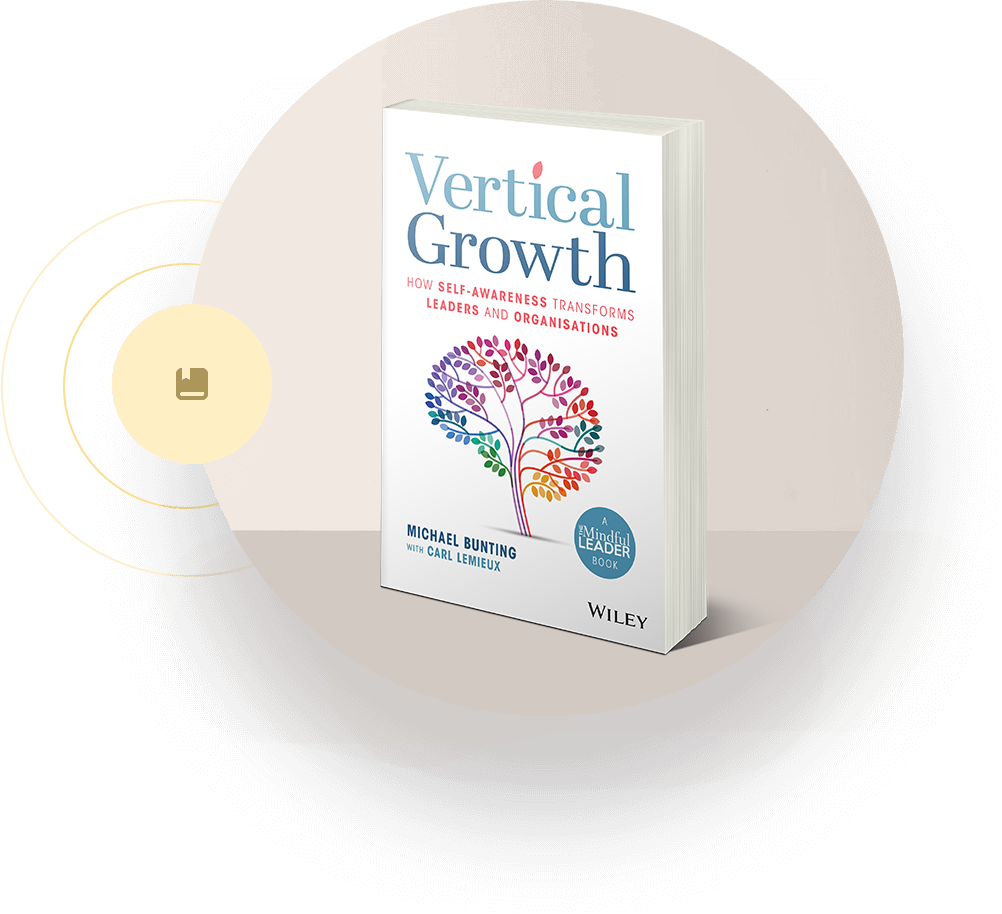What causes stress in your life?
We’ve asked this question of leaders and teams for over 20 years. The vast majority of responses fall into one of three categories: other people (such as my colleagues or my spouse), external circumstances (such as a lack of job security or money, uncertainty about the future or heavy commuter traffic), structures and systems (such as too many meetings or bosses or demands, or an excessive workload). The common theme across all these responses is the belief that ongoing stress is solely caused by external factors.
Our proposition, however, is that with the exception of genuinely life-threatening circumstances, our ongoing stress is internally generated and both largely unseen and mismanaged. In other words, it’s not caused by these external things; it’s actually caused by our internal expectations and assumptions, our mindset and our unconscious conditioning.
Human Stress Response: Unveiling Our Unique Challenges
Although our brains are more evolved than those of other animals, under stress we are at a significant disadvantage. In his classic book on stress, Why Zebras Don’t Get Ulcers, researcher Robert Sapolsky explains why. When attacked by a lion — a much more stressful situation than we humans typically face — a zebra will launch into flight mode. Triggered by its sympathetic nervous system, its body is flooded with fear-based chemicals to mobilise its effort to escape. But when the zebra has escaped and the threat is over, within minutes it will go right back to eating in a relaxed state, responding to the parasympathetic nervous system, also known as the ‘rest and digest’ system.
It’s a very different story for humans because of our mind’s tendency towards negative rumination, meaning we repetitively return to our negative emotional experience to rehash its causes, situational factors, solutions and consequences. In short, we replay both past and future, imagined stressful situations over and over in our mind, thus exacerbating our stress and undermining our mental wellbeing. Almost all of this obsessive rumination is based on a false assumption — that stress is always caused by and therefore always resolved by a change in external factors, rather than a change in mindset.
Navigating Stress Perception: The Inner Key to Resilience
If you believe that all stress is caused by external factors, consider the example of two people stuck in traffic on their way to work, both of whom will be late unless traffic conditions ease. One is calm and relaxed, knowing that getting stressed or angry won’t make the traffic go faster or help the situation in any way. The second is frustrated, angry and stressed, leaning on her horn and cursing other drivers.
The second driver unconsciously assumes that the traffic is the cause of her stress, but if external factors were the sole cause of the stress, they would create stress for everyone equally. Yet in this example and countless others, this clearly is not the case. While the external world gives us plenty of triggers and challenges, and can be thoroughly unpleasant, the ultimate cause of our ongoing stress is the way we process our experience internally.
The more we realise that relieving stress is an inside-out job, the more capacity we develop to deal with external circumstances and perform and lead with greater internal peace and wisdom.








